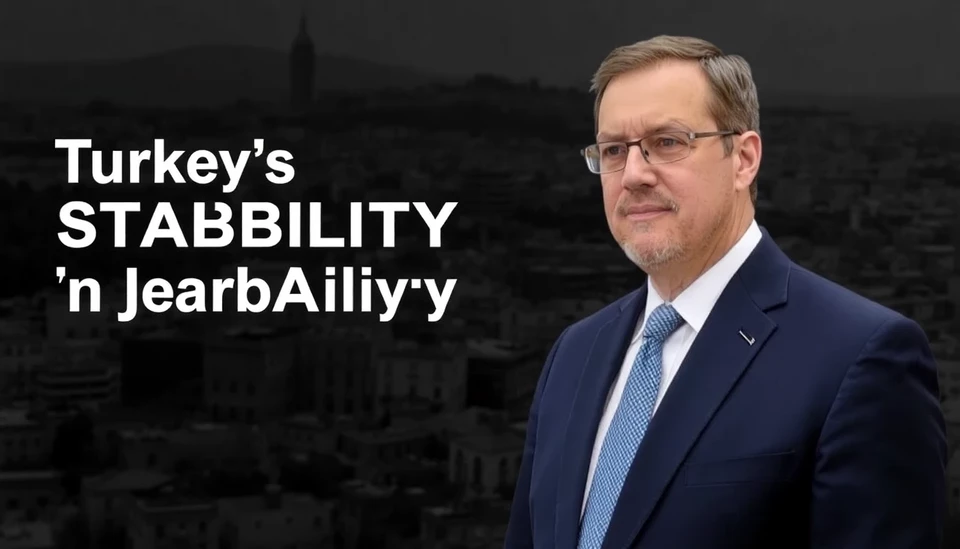
In a significant move aimed at alleviating financial pressures on its workforce, Turkey has officially announced a 30% increase in the minimum wage for the upcoming year. This decision arrives at a time when inflation rates in the country remain alarmingly high, straining the purchasing power of millions of citizens.
The Turkish government’s announcement reflects its ongoing struggle to address the economic challenges faced by its population, which include soaring prices for essential goods and services. As Turkey grapples with an inflation rate that has hovered around 60%, the wage hike is seen as a crucial step to provide much-needed relief to employees who are bearing the brunt of rising living costs.
President Recep Tayyip Erdoğan, speaking in a press conference, underscored the importance of supporting workers in the face of escalating economic difficulties. He emphasized that this wage adjustment is part of a broader strategy to stabilize Turkey's economy and enhance the standard of living for its citizens. "We must ensure that our workers can earn a living wage," Erdoğan stated, reaffirming the government's commitment to social welfare.
The new minimum wage, which will take effect on January 1, 2024, raises the monthly salary from approximately 15,000 Turkish lira (around $530) to nearly 20,000 lira (approximately $700). This change marks the third substantial wage increase within a year, reflecting the government’s rapid response to an economy in crisis.
Economic analysts suggest that while this measure offers immediate relief, it may not be a complete solution to the deeper issues affecting Turkey’s economy. Concerns remain regarding how businesses, particularly small and medium enterprises, will absorb the increased labor costs. Critics argue that such a sharp rise in the minimum wage could lead to higher unemployment rates as businesses struggle to maintain profitability under the new wage structure.
Furthermore, the swift wage increases may exacerbate inflationary pressures if businesses opt to pass the additional costs on to consumers, potentially leading to a cycle that further entrenches economic instability. Observers will be closely monitoring both the public response and the long-term economic effects as the changes go into effect.
This adjustment is not only a response to inflation but also a reflection of Turkey's broader economic policies, which have often been criticized for mismanagement. The government’s proactive stance on wage increases might be interpreted as an attempt to shore up public support amidst a challenging political landscape.
As the new year approaches, Turkey continues to face the interplay of inflation, rising living costs, and the international economic climate, highlighting the urgent need for comprehensive reforms to ensure sustainable growth and stability.
In conclusion, the 30% hike in minimum wage signals a pivotal moment for Turkey's economy, one that could have lasting implications for its workforce and economic health moving forward.
#Turkey #MinimumWage #Economy #Inflation #WorkersRights #EconomicPolicy
Author: Daniel Foster




